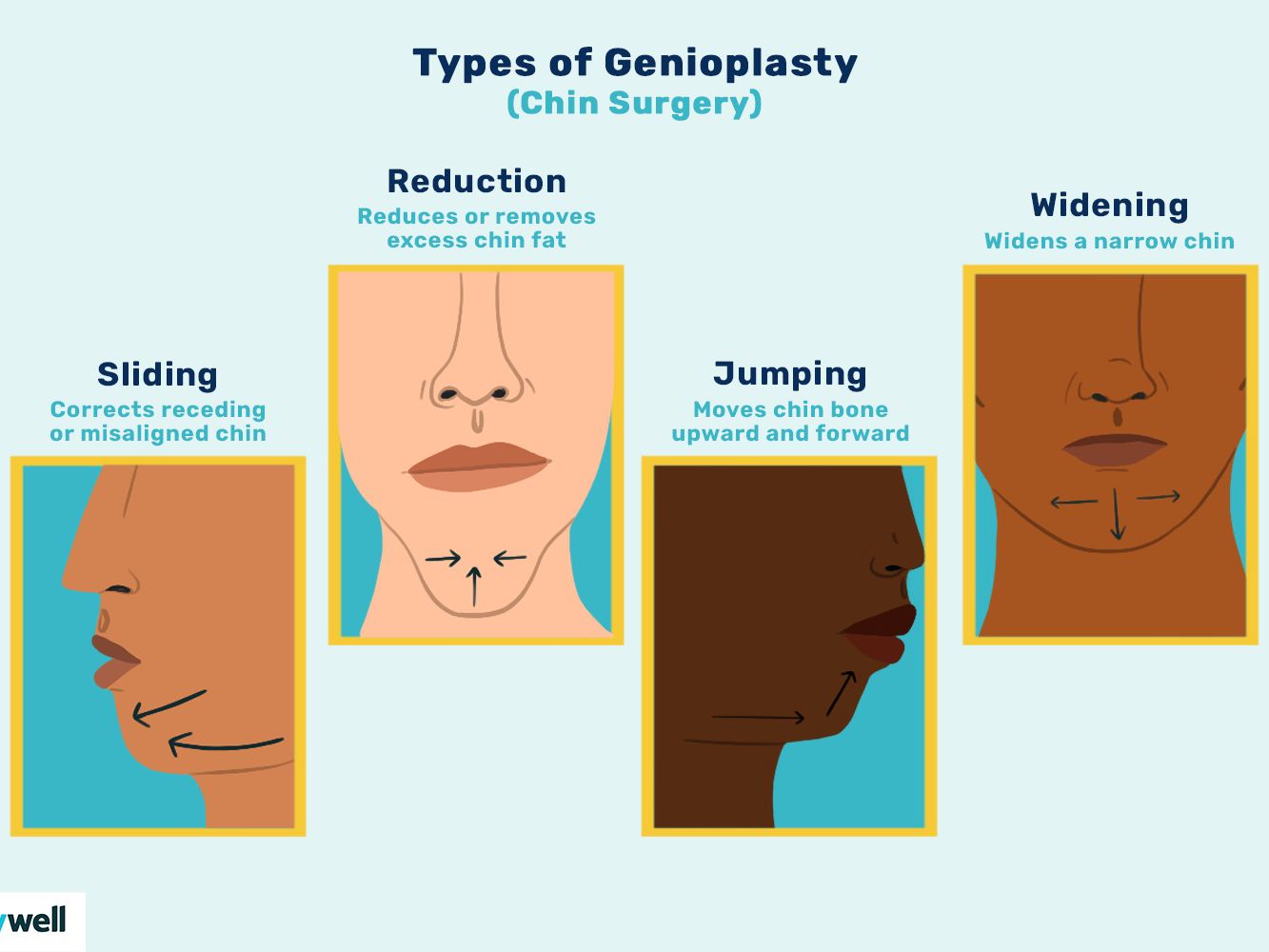
There are pros and cons in choosing between silicone or saline breast implants. While silicone implants are more flexible and less likely to break, saline implants can be brittle and more easily filled with saltwater. These implants require a smaller incision and look less natural. Saline implants may not be suitable for women with minimal breast tissue.
Shaped implants replicate the natural teardrop shape of breasts
Shaped breasts implants look more natural-looking that round implants. They are less thick at the top but gradually decrease in thickness to reach fullness below their nipples. This shape is a favorite among women who want a natural-looking enhancement. These implants can also be filled with silicone gel. They are less likely than round implants to cause ripples, folds or creases.

Silicone implants are less susceptible to rippling
Saline implants are more susceptible to rippling than silicone implants. But, silicone implants tend to have less noticeable ripple. Because silicone implants are filled with a cohesive gel, this is why it is so easy to see the difference. This gel closely resembles natural breast tissue and skin. Silicone implants are less likely cause rippling so they may be better suited for smaller women.
Saltwater is used in the filling of saline implant cavities.
An sterile saltwater mixture is used to fill the breast implants. Some of these implants are pre-filled, and others are filled during the implant operation. They can come in various sizes and may be smoothed or textured. They are FDA-approved for breast augmentation in women age 18 and older. They are often used in breast reconstruction.
Gummy bear implants contain a more firm silicone gel
Gummy bear breast implants have a firm silicone gel and are less likely to become misshapen after surgery. The firm silicone gel and teardrop shape help retain their shape and reduce the risk of capsular contracture. The implants are firmer and more durable than regular silicone implants or saline ones, as well as having firmer outer shells.
Saline implants for women aged 22-plus are FDA-approved
Filling saline breast implants with sterilized salwater is possible. These are cheaper and more versatile that silicone implants, which are usually placed intraoperatively. Saline implants are customizable to suit the patient's requirements. They are FDA-approved also for women aged 22 or older.

Saline implants are less susceptible to capsular contracture
Research has shown that saline breast implants have a lower rate of capsule contraction than silicone breast implant. There are a few caveats in these findings. Patients must consent to the funding of a reoperation. This is done in written informed consent. Additionally, further reoperations could worsen the situation and increase the chance of permanent tissue compromise.